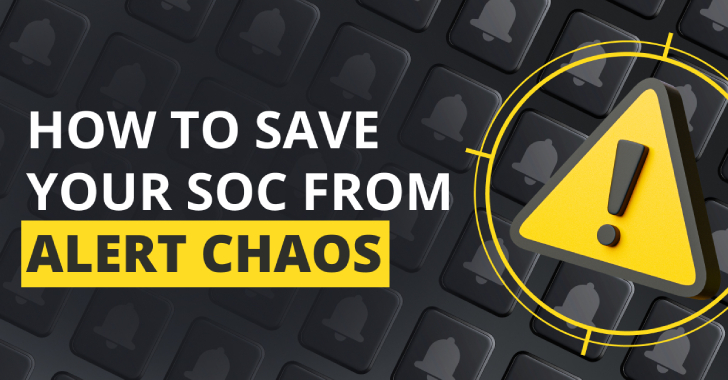
What is a Cloud Security Analyst?
In today’s digital landscape, where organizations increasingly rely on cloud computing for their operations, security is of utmost importance. As businesses shift their data and applications to the cloud, they need professionals who can ensure the safety and integrity of their cloud environments. This is where a Cloud Security Analyst comes in.
A cloud security analyst is an expert in maintaining the security and integrity of cloud-based systems and applications. They play a crucial role in protecting sensitive data and ensuring that cloud platforms are secure from cyber threats. Let’s take a closer look at the role and responsibilities of a cloud security analyst.
Responsibilities of a Cloud Security Analyst:
- Risk Assessment: A cloud security analyst starts by assessing the risks associated with the use of cloud computing solutions in an organization. They analyze the existing infrastructure, identify potential vulnerabilities, and evaluate the impact of these vulnerabilities on the business.
- Security Design and Implementation: Once risks are identified, a cloud security analyst develops a security framework and designs appropriate security controls for the organization’s cloud infrastructure. They collaborate with stakeholders to implement and configure these controls to ensure the highest level of security.
- Monitoring and Incident Response: Cloud security analysts continuously monitor cloud environments for any suspicious activity or security breaches. They use advanced security tools and technologies to detect and analyze potential threats. In the event of a security incident, they initiate an incident response process to minimize the impact and remediate the issue.
- Compliance and Audit: Cloud security analysts ensure that cloud systems and applications comply with industry standards and regulations. They conduct regular audits to ensure compliance with security policies and help organizations prepare for external audits or certifications.
- Security Education and Training: To enhance the overall security posture of the organization, cloud security analysts educate and train employees on best practices for cloud security. They conduct security awareness sessions and provide guidance on safe cloud usage to prevent security breaches caused by human error.
Skills and Qualifications of a Cloud Security Analyst:
To be successful as a cloud security analyst, one needs a combination of technical skills, knowledge, and qualifications. Some of the key skills and qualifications include:
- Cloud Computing Knowledge: A cloud security analyst should have a deep understanding of cloud computing technologies, including infrastructure-as-a-service (IaaS), platform-as-a-service (PaaS), and software-as-a-service (SaaS). They should also be familiar with different cloud service providers, such as Amazon Web Services (AWS), Microsoft Azure, and Google Cloud.
- Security Expertise: Strong knowledge of information security principles and best practices is essential. This includes understanding network security, encryption techniques, access controls, and security incident response.
- Risk Assessment and Management: A cloud security analyst should be proficient in risk assessment methodologies and be able to identify and prioritize potential risks based on their likelihood and impact.
- Compliance and Regulations: Knowledge of industry standards and regulations, such as the General Data Protection Regulation (GDPR) and the Payment Card Industry Data Security Standard (PCI DSS), is crucial for ensuring cloud environments meet compliance requirements.
- Certifications: Professional certifications, such as Certified Cloud Security Professional (CCSP) and Certified Information Systems Security Professional (CISSP), demonstrate expertise and proficiency in cloud security and information security domains.
Importance of Cloud Security Analysts:
With the increasing adoption of cloud computing, organizations are exposed to new security risks. Cloud security analysts help organizations mitigate these risks by implementing robust security measures and ensuring adherence to security best practices.
The role of a cloud security analyst is critical in safeguarding sensitive data, preserving customer trust, and preventing financial and reputational damage caused by security breaches. As cyber threats become more sophisticated, the need for skilled cloud security analysts continues to grow.
Conclusion:
A cloud security analyst plays a vital role in securing cloud environments, protecting sensitive data, and ensuring compliance with security standards and regulations. They are responsible for risk assessment, security design and implementation, monitoring, incident response, and security education. By leveraging their knowledge and expertise, cloud security analysts help organizations navigate the complex landscape of cloud security and minimize the chances of security breaches. In a world where cloud computing is becoming the new norm, the importance of cloud security analysts cannot be underestimated.
Contact Cyber Defense Advisors to learn more about our Cloud Security Analyst solutions.





